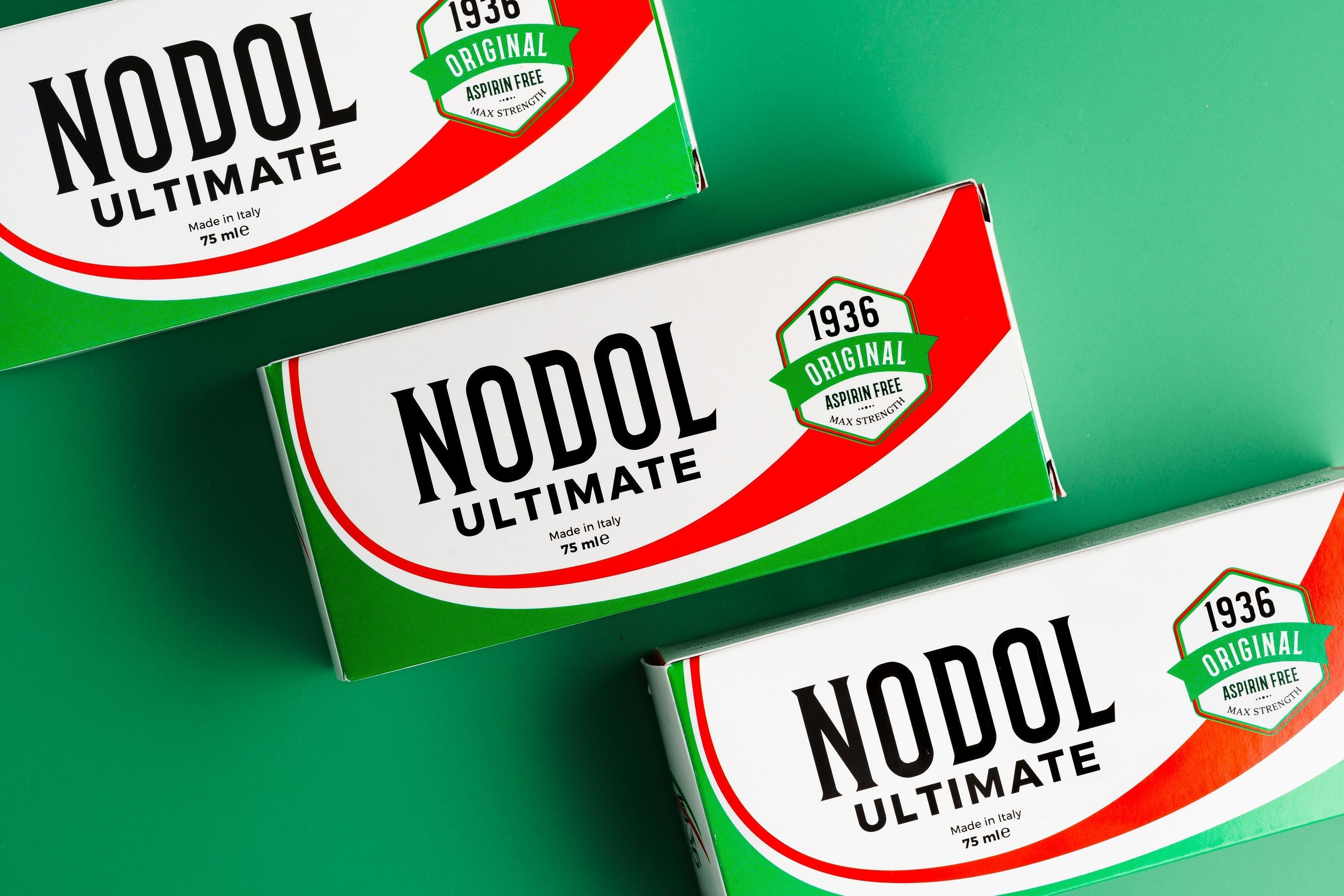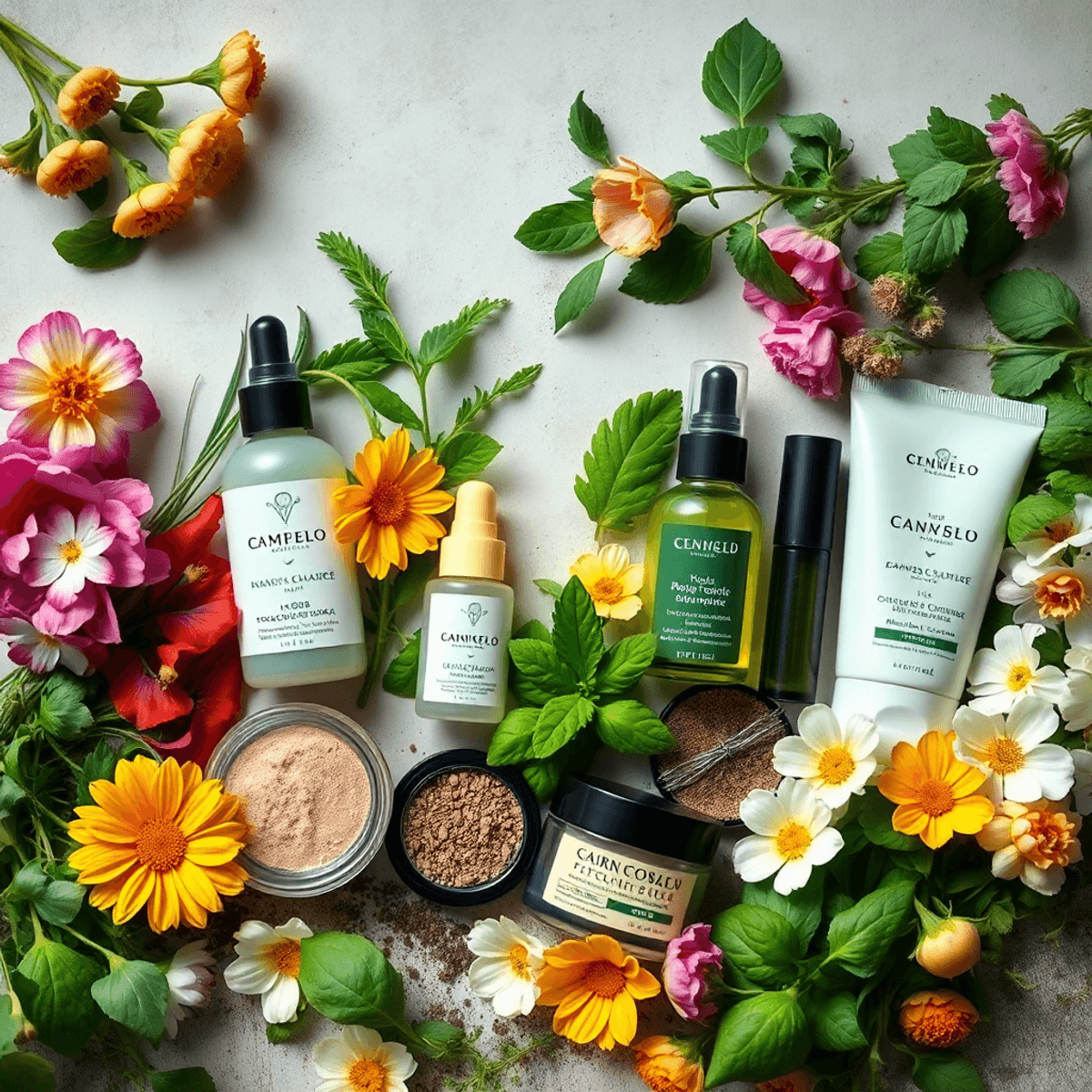The Effects of Stress on Your Skin: What You Need to Know

Introduction
Stress is not just a mental burden; it also affects your skin. The effects of stress on your skin are significant and complex. Stress causes hormonal changes that increase oil production, which can lead to acne or breakouts. It can also make your skin more sensitive, making it susceptible to conditions like eczema and psoriasis.
Understanding these effects is essential for maintaining healthy skin. When you know how stress affects your skin health, you can take proactive steps to manage both your mental well-being and skincare routine. By recognising this connection, you'll be better equipped to tackle skin issues effectively, ensuring that stress doesn't harm your skin's appearance.
The Science Behind Stress and Skin Health
Understanding the stress response is crucial for grasping its effects on skin health. When faced with stress, your body releases hormones, most notably cortisol, to prepare for a "fight or flight" reaction. This hormone plays a significant role in how your skin reacts during stressful times.
How Cortisol Affects Your Skin
Cortisol impacts the skin in several ways:
- Increased Oil Production: Elevated cortisol levels stimulate sebaceous glands, leading to enhanced oil production. This often results in oily skin and can trigger acne breakouts.
- Skin Sensitivity: The hormonal changes make the skin more sensitive, potentially causing irritations and inflammatory responses like redness or swelling.
- Disrupted Skin Barrier: Cortisol can compromise the epidermal barrier, making it less effective at retaining moisture. This disruption often leads to dryness and may prolong healing processes for existing skin issues.
Stress and Pre-existing Skin Conditions
Stress can also exacerbate pre-existing conditions or trigger new ones. A common question arises: can skin rashes be caused by stress? The answer is yes. Stress-induced hormonal shifts can lead to conditions such as dermatitis or eczema flare-ups, showcasing the body's complex reactions under duress.
Recognising these mechanisms provides insight into why managing stress is essential not just for mental well-being but also for maintaining healthy skin.
How Stress Triggers Common Skin Conditions
Stress plays a significant role in worsening various skin conditions, including dermatitis and eczema. When you're stressed, your body releases a hormone called cortisol, which can disrupt the skin's protective barrier and cause inflammation. This inflammatory response is a key reason why you might experience flare-ups of existing skin problems, such as eczema or dermatitis.
1. Stress and Dermatitis
Dermatitis is often characterised by red, itchy patches on the skin, and it can be particularly sensitive to stress. Many people wonder whether stress can actually cause dermatitis when they suddenly break out without any obvious external triggers. The answer lies in the body's response to stress: when you're stressed, cortisol levels rise, leading to increased oil production in the skin. This excess oil can clog pores and result in irritation or breakouts.
2. Stress and Eczema
Eczema is another condition that can be worsened by stress. During stressful periods, eczema often appears as dry, cracked patches that become more pronounced. Our Eczema treatment products are designed to provide relief during these times when stress may exacerbate the condition.
Does stress cause dermatitis? While it may not be the sole cause, stress certainly contributes to its onset or worsening due to the body's heightened inflammatory response.
Key Ways Stress Affects Your Skin
Understanding how stress influences these conditions is crucial for managing and minimising their impact on your skin health. Here are some key mechanisms through which stress affects dermatitis and eczema:
- Immune System Impact: Stress weakens immune responses, making it harder for your body to fight off irritants.
- Inflammatory Response: Increased cortisol levels contribute to inflammation and worsen symptoms.
- Behavioural Changes: Stress may lead to neglect of skincare routines, further aggravating skin issues.
By recognising these connections between stress and your skin conditions, you can take proactive steps towards managing both aspects of your health.
The Itch-Scratch Cycle: Understanding Stress-Induced Itchy Skin
Stress can show up on your skin in different ways, and one of the most common signs is itching. To understand how psychological factors contribute to itching sensations, it's important to grasp how our bodies respond to stress. When we're anxious or stressed, our bodies release hormones that can make our skin more sensitive, leading to increased itchiness.
Psychological Factors and Itching
- Hormonal Influence: Stress leads to the production of cortisol, which not only causes skin changes like dryness but also triggers histamine release, a compound responsible for itchiness.
- Heightened Sensitivity: Stress heightens your skin's sensitivity by disrupting the nerve endings, leading to sensations of itchiness even without external irritants present.
Conditions Related to Stress-Induced Itching
- Hives: Often triggered by stress, hives are red, itchy welts on the skin caused by an allergic reaction or emotional stress.
- Psoriasis and Eczema: Conditions like psoriasis and eczema can flare up due to stress, exacerbating itching and irritation.
- Dry Skin: Chronic stress may cause dry skin as it impairs the skin's natural barrier function.
Understanding these connections helps us see how psychological stressors can manifest as physical symptoms like itchy skin. By addressing these causes in a holistic way, we can find relief from discomfort and promote healthier skin overall.
Managing Stress-Related Skin Problems: Practical Tips and Techniques
Incorporating self-care into your daily routine is crucial for maintaining healthy skin, especially under stress. Not only does this help mitigate the physical symptoms of stress, but it also promotes a holistic sense of well-being. Here are some effective methods to manage stress and support healthy skin:
1. Mindfulness Practices
Engage in activities such as meditation and deep-breathing exercises. These practices help reduce stress levels by calming the mind, which can lead to fewer breakouts and clearer skin.
2. Yoga
Embrace yoga as a means of stress management for healthy skin. The combination of physical postures, breathing techniques, and meditation in yoga helps improve circulation and promote relaxation, benefiting both mind and body.
3. Regular Exercise
Incorporate regular physical activity into your routine. Exercise releases endorphins that act as natural stress relievers, which can result in a more radiant complexion.
4. Adequate Sleep
Ensure you get enough rest each night. Quality sleep assists the body in repairing itself, reducing cortisol levels, and maintaining balanced oil production, all of which contribute to healthier skin.
5. Balanced Diet
Focus on a nutrient-rich diet that includes vitamins and antioxidants. Eating well supports overall health and can protect your skin from stress-induced damage.
Prioritising these strategies not only aids in managing stress but also enhances your skin's appearance, making it an integral part of any skincare regimen.
Seeking Professional Help: When to Consult a Dermatologist or Therapist
Knowing when to seek professional help is crucial in managing stress-related skin issues effectively. Dermatologist consultation for stressed skin becomes essential if you notice persistent or severe symptoms that self-care routines fail to alleviate.
When to See a Dermatologist
Consider consulting a dermatologist if:
- You experience repeated flare-ups of conditions like eczema, psoriasis, or rosacea.
- There are new, unexplained changes in your skin's appearance.
- Stress-induced breakouts do not respond to over-the-counter treatments.
When to See a Therapist
Engaging with a therapist can also be beneficial if stress severely affects your mental health and indirectly causes skin problems. Therapists can offer strategies such as cognitive behavioural therapy (CBT) to manage stress levels effectively.
Both dermatologists and therapists can work together, providing a holistic approach to treatment by addressing both the physical and psychological aspects of stress-related skin issues. This combined approach ensures comprehensive care tailored to your specific needs.
Conclusion
A holistic approach to skincare means recognising the importance of mental health for healthy skin. Stress can have a major impact on your skin's appearance, so it's crucial to include self-care and mental health practices in your daily routine. By making both mental health and skincare priorities, you not only improve your skin but also boost your overall well-being. This all-encompassing strategy can help you overcome stress-related skin problems and achieve a healthier, more radiant look.
FAQs (Frequently Asked Questions)
How does stress affect my skin health?
Stress can lead to various skin issues by triggering the body's stress response, which includes the release of cortisol. This hormone increases oil production, exacerbates pre-existing skin conditions, and can trigger new ones.
What is the relationship between cortisol and skin conditions?
Cortisol impacts the skin by increasing oil production, leading to acne breakouts, and worsening conditions like dermatitis and eczema. Understanding this relationship is crucial for managing stress-related skin problems.
Can stress worsen existing skin conditions?
Yes, stress can exacerbate pre-existing skin conditions such as dermatitis and eczema. It may also trigger new issues like hives or other forms of itchy skin.
What are some practical tips for managing stress-related skin issues?
Incorporating self-care practices like mindfulness, yoga, regular exercise, adequate sleep, and a balanced diet can significantly help in managing stress-related skin problems.
When should I see a dermatologist regarding my skin issues?
You should consider consulting a dermatologist if you experience persistent or worsening skin problems that do not respond to over-the-counter treatments or if you have concerns about specific conditions.
How can therapy help with stress-induced skin problems?
Engaging with a therapist can be beneficial if stress significantly affects your daily life or mental well-being. Therapy can provide strategies to manage stress effectively, which may in turn improve your skin health.












